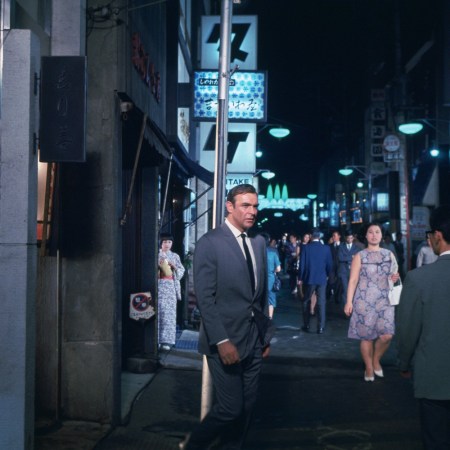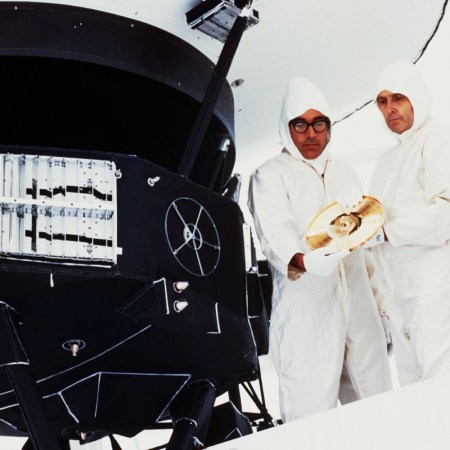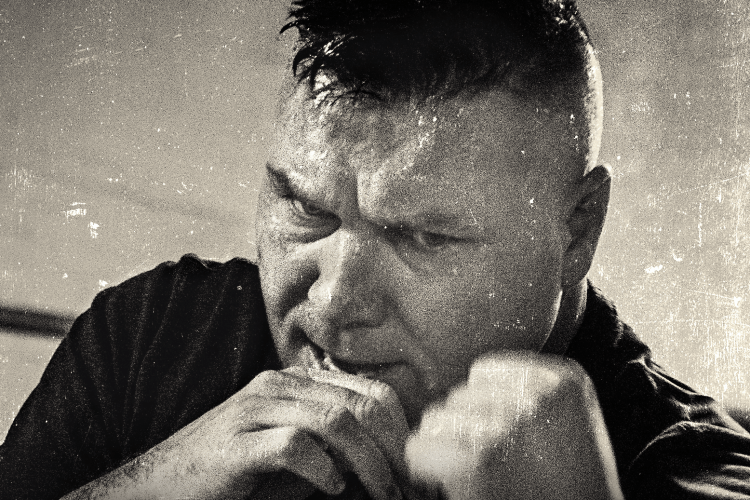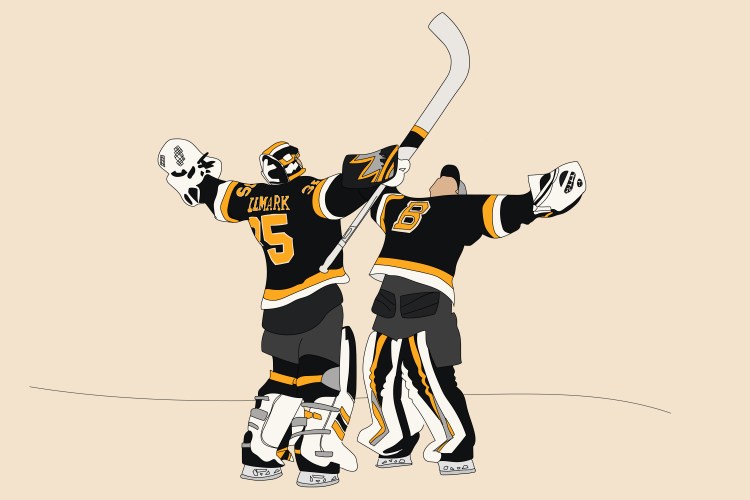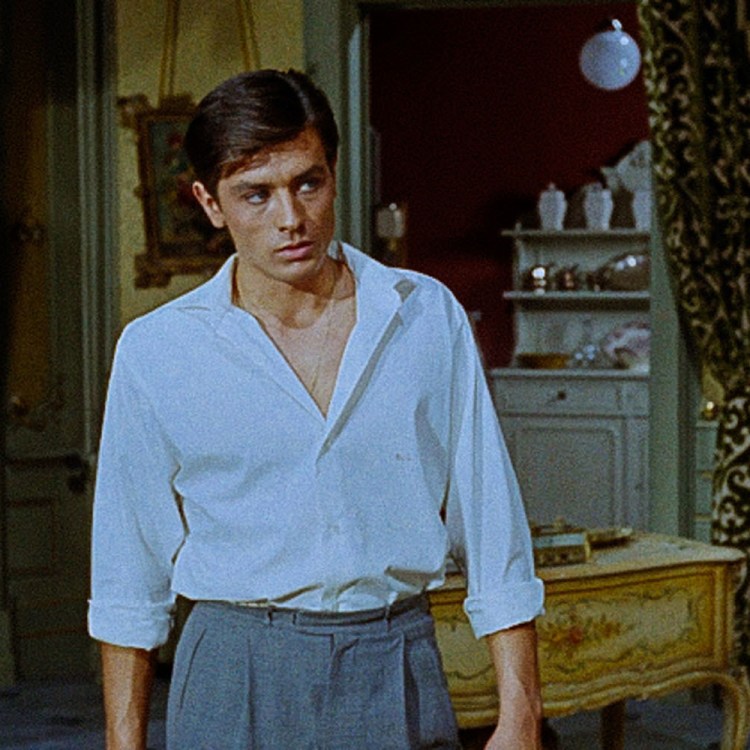Ryan Gosling grimaces and grinds his teeth and suffers mostly silently as heroic Neil Armstrong in Oscar winner Damien Chazelle’s First Man, out Friday. The title is short for first man on the moon for those who weren’t around in 1969 when the dude took “one small step for man, one giant leap for mankind.”
Or, well, some of it. Fifty years later America doesn’t do such an out-of-this-world job when it comes to racial inclusivity. First Man is a reminder of such inequality.
The early reception for Chazelle’s space epic since its premiere at the Telluride Film Festival last month has been superlative. Under the National Review headline “First Man is the movie of the Year,” my friend and former New York Post colleague Kyle Smith joined with the majority who found the biopic 82 percent fresh on Rotten Tomatoes. He crowed: “First Man is why we go to the movies.”
To that I ask, “What do you mean we, white man?” as the punchline to the old Lone Ranger and Tonto joke goes.
Nothing like the last month in America shows the cracks in the American melting pot, and the impossibility of a cultural “we.” Most semi-woke individuals sometime during the 141-minute movie will notice the absence of people of color in speaking roles. Not there on the mammoth screen. Not there historically. Not in space. (And possibly absent from the audience.)
In a moment of canny cultural curation (or is it appropriation?), Chazelle intercuts an extended video of the great Gil Scott-Heron singing his brilliant breakthrough song, “Whitey on the Moon.” Scott-Heron (who died at 62 in 2011) leapt from poetry and prose to the mass musical audience at 20 with a song written the same year Armstrong trod in space.
It is, like the musician who was once considered “America’s greatest living blues singer,” satirical, rhythmic and right on, to quote the era’s lingo. Just take a whiff of the first stanza:
A rat done bit my sister Nell.
(with Whitey on the moon)
Her face and arms began to swell.
(and Whitey’s on the moon).
It’s the beat that stays with you long after you’ve left the theater. As then, so now, Scott-Heron articulates the disconnect between the space race and the underclass. We can send a man to the moon but we can’t care for our people on the street and in the ghetto. This track, to quote The Atlantic’s Alexis C. Madrigal, “changed the way I thought about the space race forever. It anchored the flight into the heavens, tethering it to the persistence of racial inequality, and pulling it out of the abstract, universal realm in which we like to place our technical achievements….To which America went the glory of the moon landing? And what did it cost our nation to put whitey on the moon?”
Gil Scott-Heron didn’t walk on the moon but remains culturally significant. The long-time Harlem resident has been called a progenitor of rap but he rejected that cap saying, according to his New York Times obit, “I don’t know if I can take the blame for it.” He considered himself a “bluesologist.” His brook-no-b.s. voice, once raised, hovers around First Man, refusing to be used and cast off like some stage in a rocket.
Over at The Mary Sue, the insightful critic Kate Gardner expresses that feeling that the film is out of touch with 2018: “[I]t feels as though there’s been a tonal misstep; someone didn’t read the room properly. We don’t need apolitical platitudes. We need stories that challenge us, that inspire us, and that tell us that there is a future rather than living in a moment in the past.”
Half a century ago, twenty-year-old Scott-Heron was unapologetic. He’s a footnote, a backbeat, another artist’s sample in First Man – but he sings a tune more relevant to those in the current cultural trenches. The following year, he released The Revolution Will Not Be Televised. He knew the score, the struggle for economic and racial equality. It remains unclear whether Chazelle exploits the artist’s radical tune as counterpoint for the rocketing into space of white heroes, or as a salve to those who might criticize his art for being a whiter shade of pale male.
Yes, Neil Armstrong parsed the sky, getting moon-dust on his space boots. But what about the soul of Gil Scott-Heron that still resonates:
How come there ain’t no money here?
(Hmm! Whitey’s on the moon)
Y’know I just about had my fill
(of Whitey on the moon)
I think I’ll send these doctor bills,
Airmail special
(to Whitey on the moon).
This article was featured in the InsideHook newsletter. Sign up now.

